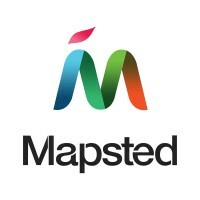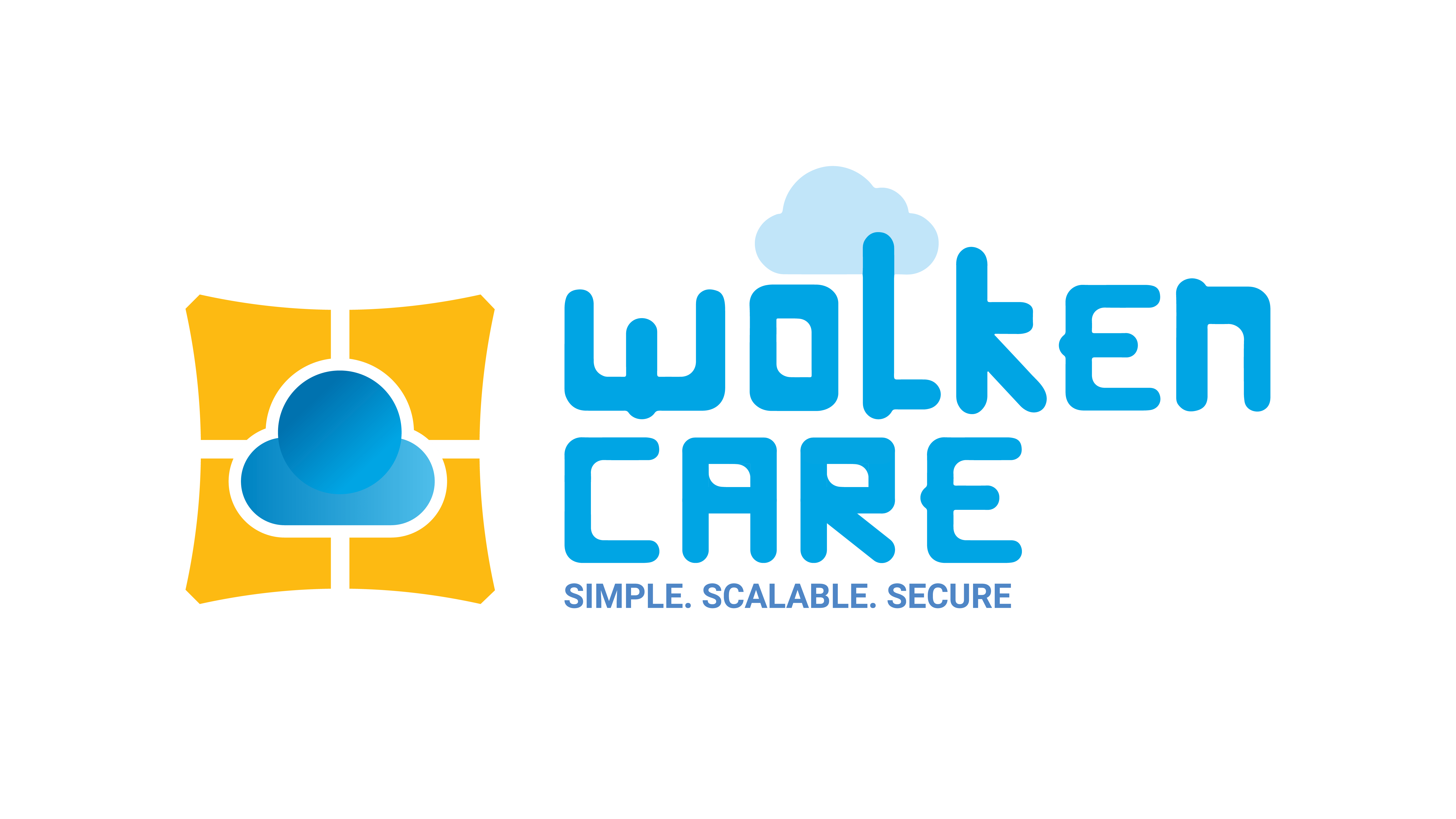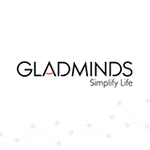Description

Jebbit

Mapsted
Comprehensive Overview: Jebbit vs Mapsted
Jebbit
a) Primary Functions and Target Markets:
Jebbit is primarily a digital experience platform that focuses on the creation of interactive content, such as quizzes, surveys, and polls. Its primary function is to collect consumer data and insights through these engaging formats, allowing companies to better understand their audiences and personalize their marketing strategies. Jebbit's interactive content aims to improve customer engagement and enhance data collection.
Target Markets: Jebbit primarily serves industries like retail, e-commerce, consumer packaged goods (CPG), telecommunications, and financial services. Its platform is beneficial for marketers and brands looking to drive consumer engagement, increase conversion rates, and gather valuable zero-party data, which is data that consumers intentionally and proactively share with brands.
b) Market Share and User Base:
Jebbit is considered a niche player in the broader digital marketing and customer engagement software market. While it does not possess a dominant market share compared to giants in the marketing technology space, it has carved out a specific niche for itself, especially with brands looking to enhance customer interaction and zero-party data collection.
c) Key Differentiating Factors:
- Focus on Zero-Party Data: Jebbit emphasizes the collection of zero-party data, which is highly valuable for personalization and compliance with privacy regulations, since it is data that consumers willingly share.
- Interactive Content Creation: Unlike traditional data collection methods, Jebbit's platform fosters engagement through visually appealing and interactive content.
- Ease of Use: The platform is designed to be user-friendly, enabling marketers with limited technical expertise to create interactive experiences easily.
Mapsted
a) Primary Functions and Target Markets:
Mapsted specializes in advanced location-based technology solutions, particularly focusing on indoor navigation and positioning. Its primary function is providing accurate turn-by-turn navigation and location-based services inside complex buildings like shopping malls, airports, and large retail stores, where traditional GPS is insufficient.
Target Markets: Mapsted targets sectors such as shopping malls, transportation hubs, retail, healthcare facilities, and large campuses. It serves businesses that can significantly benefit from indoor navigation solutions to enhance customer experience and operational efficiency.
b) Market Share and User Base:
Mapsted is a key player in the indoor navigation market, a rapidly growing sector as businesses increasingly understand the importance of offering seamless experiences to visitors within indoor environments. Although it is a significant entity in this specific market, it competes with other companies providing similar technologies, such as Google Maps for larger-scale navigation solutions.
c) Key Differentiating Factors:
- No Hardware Required: Unlike other indoor positioning systems, Mapsted offers solutions that do not rely on additional hardware like beacons or Wi-Fi, which reduces costs and complexity.
- Multi-Building Navigation: Mapsted enables navigation through multiple buildings and complex infrastructures seamlessly.
- High Accuracy and Scalability: Their technology provides high positional accuracy which is critical for user navigation and is scalable for use in various environments, from small stores to large campuses.
Comparison Between Jebbit and Mapsted
- Type of Service: Jebbit focuses on customer engagement and data collection through interactive content, whereas Mapsted specializes in indoor navigation and location-based services.
- Target Markets: Jebbit caters to industries looking for enhanced data collection and marketing personalization, like retail and CPG, whereas Mapsted targets venues with complex infrastructure requiring navigation solutions, like malls and hospitals.
- User Interaction: Jebbit emphasizes creating an engaging brand experience through quizzes and polls, while Mapsted's interaction is more about facilitating physical navigation and enhancing on-site user experience.
- Technology Dependence: Mapsted’s solutions stand out due to its independence from additional hardware, which can be a considerable advantage over competitors relying on physical technology installations.
In summary, while both Jebbit and Mapsted aim to enhance user experiences, they operate in distinct domains with unique technological focuses and serve different market needs.
Contact Info

Year founded :
2011
+1 508-380-0047
Not Available
United States
http://www.linkedin.com/company/jebbit

Year founded :
2014
+1 647-951-3066
Not Available
Canada
http://www.linkedin.com/company/mapstedhq
Feature Similarity Breakdown: Jebbit, Mapsted
Jebbit and Mapsted are two distinct platforms catering to different use cases, but they might share some overlapping features due to their roles in data collection and digital navigation respectively. Here’s a breakdown based on their features:
a) Core Features in Common
-
Data Collection and Analytics:
- Jebbit: Primarily a platform for creating interactive content like quizzes and surveys to collect consumer data and insights.
- Mapsted: Focuses on location-based data analytics, providing insights into visitor behavior in physical spaces.
- Commonality: Both offer analytics tools to interpret and leverage collected data, though they do so in different contexts (online consumer interaction vs. physical location tracking).
-
User Engagement:
- Commonality: Both platforms are designed to enhance user engagement, whether through interactive content (Jebbit) or location-based interactions (Mapsted).
b) User Interface Comparison
-
Jebbit:
- Visual Style: Typically, Jebbit provides a user-friendly interface tailored for creating content with ease. The focus is on drag-and-drop features to build interactive elements without requiring coding skills.
- Usability: Offers a series of templates and design tools that cater to marketers looking to create engaging quizzes and surveys quickly.
-
Mapsted:
- Visual Style: Generally provides a more technical interface suited for navigation and location analytics. It may include map views and dashboards for tracking and analyzing visitor flows.
- Usability: Tends to require a bit more technical understanding, especially for setting up location tracking and interpreting spatial data.
c) Unique Features
-
Jebbit:
- Integrations with Marketing Platforms: Integrates seamlessly with various CRM and marketing platforms, enhancing its use in marketing automation.
- No-Code Content Creation: Focuses heavily on allowing marketers to create content easily without any technical know-how.
-
Mapsted:
- Advanced Indoor Positioning: Known for its unique indoor positioning technology that does not rely on external hardware, making it distinctive in the navigation space.
- Geo-Fencing and Real-Time Location Tracking: Offers features like geo-fencing and the capability to track visitors in real-time, setting it apart in indoor navigation and location analytics.
In summary, while Jebbit and Mapsted share some features in terms of data analytics and user engagement, they are fundamentally different in their applications. Jebbit is targeted towards enhancing consumer interaction through digital content, whereas Mapsted excels in location-based services and analytics, particularly in physical spaces. The interfaces reflect these purposes, with Jebbit being more intuitive for marketers and Mapsted catering to users requiring spatial data analysis. Each platform boasts unique features that distinguish it within its respective domain.
Features

Personalized Customer Experiences
Integration and Compatibility
Data Collection and Insights

Location-Based Services
Analytics and Insights
Indoor Navigation
Best Fit Use Cases: Jebbit, Mapsted
Jebbit
a) Best Fit Use Cases for Jebbit:
Jebbit is primarily focused on helping businesses create interactive experiences that drive consumer engagement and gather valuable data. The platform is particularly suited for:
-
E-commerce and Retail: Businesses looking to improve customer engagement through personalized quizzes, product recommendations, and surveys can benefit significantly from Jebbit's capabilities. It aids in guiding purchasing decisions and capturing leads.
-
Marketing and Advertising: Agencies and marketing teams can leverage Jebbit to enhance campaign performance by creating engaging content that captures user preferences more effectively than traditional static ads.
-
Consumer Brands: Brands focusing on customer insights and loyalty programs can use Jebbit to obtain better data on consumer behavior, thereby refining their marketing strategies and improving product offerings.
-
Travel and Hospitality: Companies in this sector can use interactive content to provide personalized travel recommendations or build user profiles that tailor services and promotions to individual preferences.
d) Industry Verticals and Company Sizes for Jebbit:
Jebbit caters to a wide range of industries by providing tools that can be utilized across small businesses to large enterprises. Its adaptability in creating customizable interactive experiences makes it suitable for mid to large-sized companies that have the resources to implement data-driven marketing strategies.
Mapsted
b) Preferred Scenarios for Mapsted:
Mapsted offers advanced indoor positioning technology which shines under specific use cases:
-
Large Venues: Places like shopping malls, airports, and hospitals benefit from Mapsted's technology to provide visitors with indoor navigation assistance. This improves user experience by offering precise location tracking without the need for external hardware like beacons.
-
University Campuses: Educational institutions with vast campuses might use Mapsted to help students and visitors navigate efficiently, especially in larger universities with multiple buildings.
-
Events and Conferences: Event organizers can utilize Mapsted for real-time navigation and event management, allowing attendees to find sessions, booths, and services easily within large conference venues.
d) Industry Verticals and Company Sizes for Mapsted:
Mapsted serves a broad array of industries where indoor navigation and precise location services are pivotal. It caters to large venues and organizations that require scalable solutions. The platform can support medium to large enterprises including healthcare, transportation hubs, retail, and education, typically where there is a significant need for extensive layout navigation.
In summary, Jebbit excels in environments focusing on consumer engagement and interactive data collection across varied industries, while Mapsted is ideal for indoor navigation solutions in environments where location accuracy and hardware-free implementation are critical priorities. Both platforms cater to different needs, but complement efforts to enhance user experience and operational efficiency across a spectrum of sectors.
Pricing

Pricing Not Available

Pricing Not Available
Metrics History
Metrics History
Comparing teamSize across companies
Conclusion & Final Verdict: Jebbit vs Mapsted
When evaluating Jebbit and Mapsted, it is essential to consider various factors such as features, ease of use, pricing, scalability, and customer support. Here's a conclusion and final verdict based on these considerations:
a) Considering all factors, which product offers the best overall value?
Jebbit and Mapsted cater to different needs, and therefore their value may be perceived differently based on user requirements. However, if we analyze the breadth of applicability and the core strengths of each, we can determine the best value proposition:
-
For interactive content and customer engagement, Jebbit stands out as an excellent choice. Its focus on providing tools for building interactive experiences and capturing zero-party data makes it a leading solution for marketers and e-commerce businesses looking to enhance customer engagement and data collection.
-
For location-based services and indoor navigation, Mapsted offers substantial value. Its innovative location technology without reliance on external hardware is beneficial for businesses in need of robust and versatile navigation solutions, especially in large venues like malls, airports, or hospitals.
b) What are the pros and cons of choosing each of these products?
Jebbit:
- Pros:
- Easy-to-use platform for creating interactive and personalized content.
- Strong capabilities in capturing zero-party data, helping businesses understand customer preferences without infringing on privacy.
- Effective integration with various marketing tools for seamless workflow.
- Cons:
- May have limitations if a business's primary need is not related to interactive content.
- Dependency on marketing and e-commerce sectors; less relevant for businesses not focused on these areas.
Mapsted:
- Pros:
- Innovative technology for location services that does not rely on external hardware like beacons.
- High accuracy and reliability in varied environments.
- Versatility in application across various industries such as transportation, retail, and corporate spaces.
- Cons:
- Primarily focused on navigation and location-based services; less applicable for interactive content needs.
- Businesses not requiring in-depth location insights may not fully utilize its capabilities.
c) Are there any specific recommendations for users trying to decide between Jebbit vs Mapsted?
-
Understand Your Core Needs: Businesses should first assess their primary requirements. If interactive content, improving customer engagement, and data collection are your goals, Jebbit will likely serve your needs better. Conversely, if you need reliable indoor navigation or location-based services without additional hardware, Mapsted is the better choice.
-
Evaluate Integration and Scalability: Consider how each product will integrate with your current systems and processes. Also, think about future growth and how each platform can scale with your evolving needs.
-
Test Both Solutions: If your needs overlap between interactive marketing and location-based services, it could be beneficial to trial both solutions. This hands-on approach provides insight into user-friendliness and the ability to meet your specific business objectives.
In conclusion, both Jebbit and Mapsted offer distinct advantages depending on business needs. Jebbit is preferable for interactive marketing and data-driven engagement, while Mapsted excels in providing hardware-free navigation solutions. By clearly identifying business priorities and testing solutions where feasible, users can make an informed choice between these two products.
Add to compare
Add similar companies




